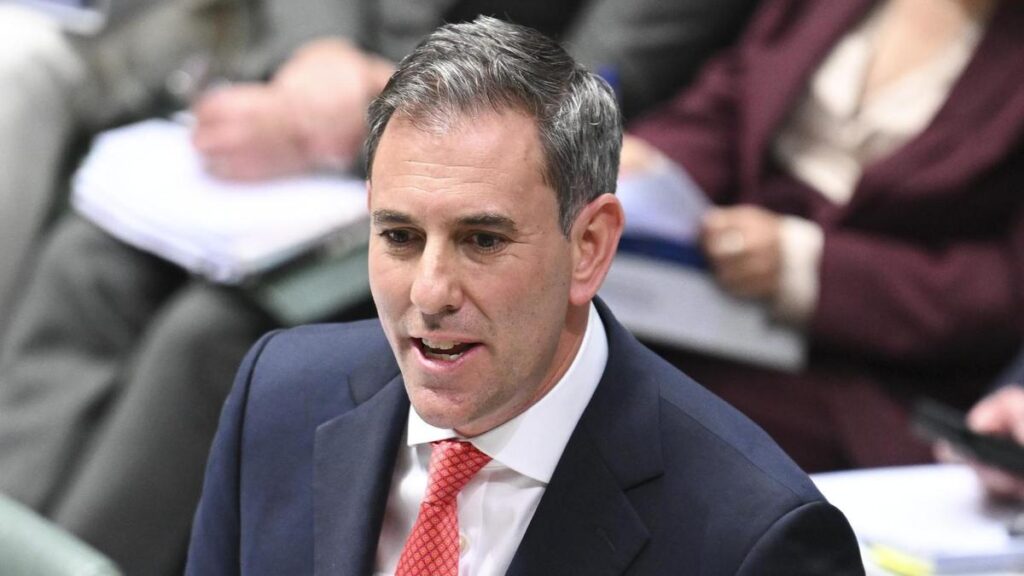
UPDATE: Australia’s Treasurer, Jim Chalmers, has just announced the shocking decision to block $672 million takeover of Mayne Pharma by Cosette Pharmaceuticals, citing “national interest” as the justification. This intervention raises urgent questions about the government’s increasing control over private business operations and its implications for the economy.
The announcement was made earlier today, stressing the need to protect Mayne’s manufacturing plant in Adelaide and the 200 jobs it supports. However, insiders argue that this reasoning is misleading. Sources indicate that Cosette had no plans to close the profitable plant, which was actually seeking to withdraw from the acquisition due to changing corporate strategies.
By intervening, Chalmers has not only allowed Cosette to exit gracefully but has also set a troubling precedent for government involvement in private contracts. Critics warn this could signal a shift towards a more interventionist economic policy, where the government dictates terms based on political convenience rather than market realities.
Why This Matters NOW: This decision raises alarms about the future of investment in Australia. If the government can veto corporate transactions under the guise of job protection, it risks creating an environment of regulatory uncertainty that could deter both local and international investors. The impact is immediate: Mayne Pharma’s shareholders face significant losses from this blocked deal, suffering direct financial harm and losing a premium offer.
Experts, including Dimitri Burshtein, a senior director at Eminence Advisory, and Peter Swan, a finance professor at UNSW-Sydney Business School, argue that the government must establish clear, stable rules rather than making ad hoc decisions. “If manufacturing in Adelaide is truly strategic, let Parliament debate it,” they assert.
The broader context reveals a pattern of increasing government intervention in the market, with public funds being funneled through various initiatives that seem aimed at steering private investment. Programs like the Future Made in Australia Fund and Clean Energy Finance Corporation, while presented as long-term investments, are perceived by critics as instruments of central planning, shifting commercial risks onto taxpayers.
As Australia moves further down this path, the potential for economic inefficiency and dependency looms large. The historical lessons from Australia’s past, particularly the protectionist era, serve as a cautionary tale against political management of industry.
NEXT STEPS: Investors and businesses will be watching closely as the implications of this decision unfold. Will the government continue to intervene in private sector deals? How will this affect Australia’s reputation as a favorable investment destination? As regulatory uncertainty grows, the message sent to potential investors is clear: commercial decisions may now hinge on ministerial discretion rather than market forces.
This urgent situation calls for transparency and stability in Australia’s economic policies. As the country grapples with the ramifications of this intervention, the question remains: can the government balance its political objectives with the need for a thriving, independent marketplace?
Stay tuned for further developments as this story unfolds.






